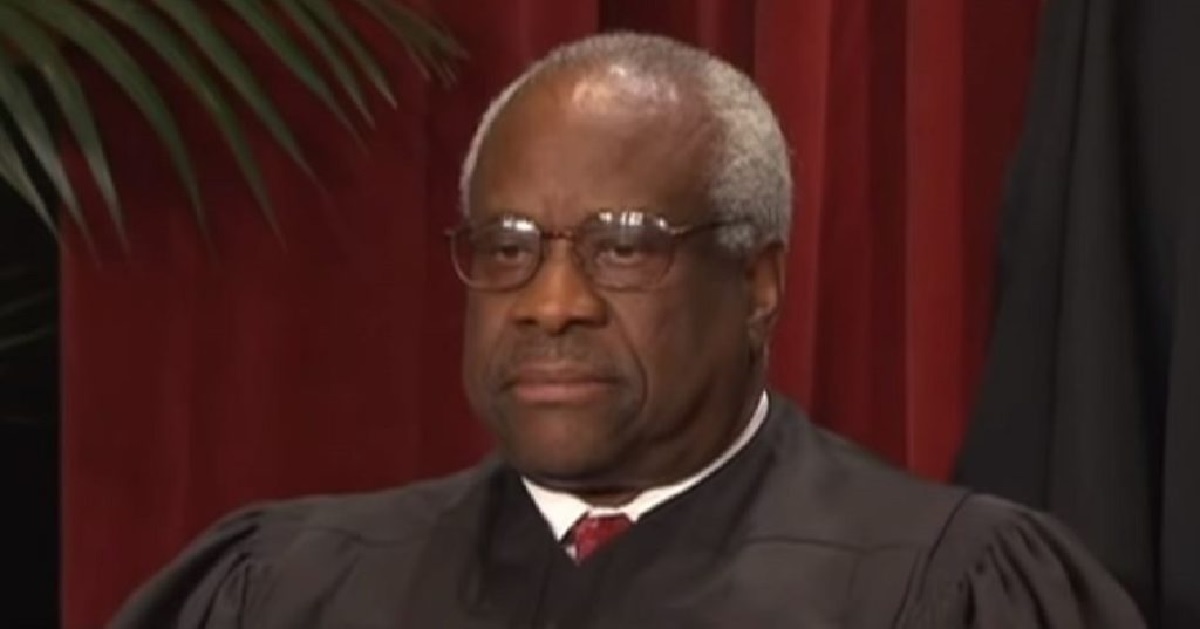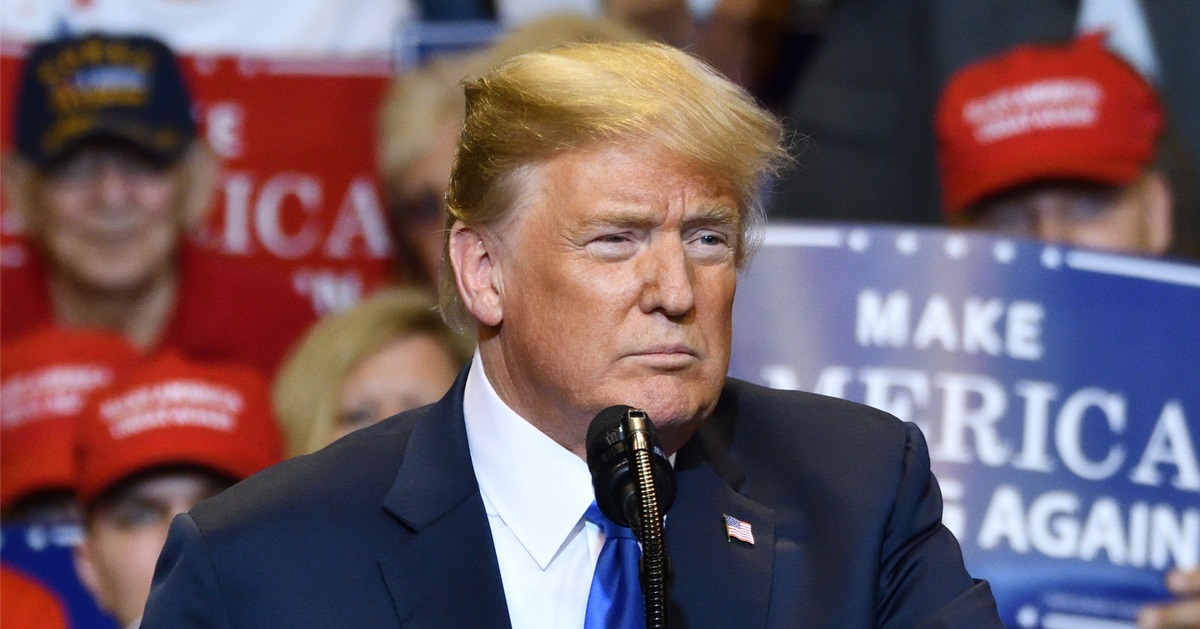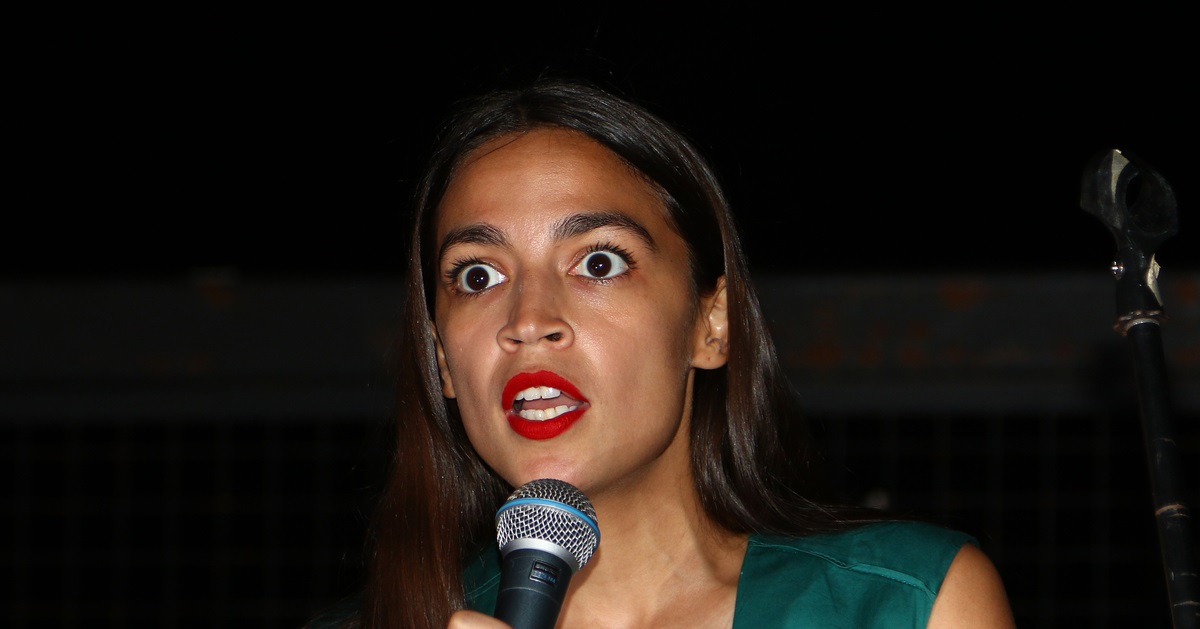Trump asks SCOTUS for additional time to prevent TikTok ban from taking effect
In something of a turnaround from his past positions on social media app TikTok, President-elect Donald Trump has made a surprise filing with the U.S. Supreme Court in relation to upcoming oral arguments in a key case that could decide its fate in this country.
On Jan. 10, the high court is slated to entertain arguments on the constitutionality of a law mandating TikTok's divestment from Chinese control, and Trump has asked the justices to delay any potential shutdown triggered by the statute so that he can negotiate a solution after taking office, as Fox News reports.
Background of Trump's request
The wildly popular social media app is currently owned by ByteDance, a Beijing firm with known ties to the Chinese Communist Party and, as such, has been the subject of national security concerns so serious that Congress mandated a change in ownership by Jan. 19, lest the platform be banned entirely in the United States.
Though in the past, Trump has echoed the national security worries that led to the impending potential ban, the president-elect is now seeking an extension of the date on which the prohibition would take effect, absent a court ruling against the underlying law.
TikTok, for its part, together with ByteDance, sought emergency review at the high court, asking for a temporary block on the law so that the firms could appeal a D.C. Circuit Court of Appeals ruling allowing it to go into effect.
Lawyers for the platform contend that the aforementioned law that would trigger a ban is a violation of the First Amendment, calling it an “unprecedented attempt to single out applicants and bar them from operating one of the most significant speech platforms in this nation.”
Noting his “warm spot” for TikTok earlier this month, Trump now argues that he ought to be afforded the opportunity as the incoming president to facilitate a deal that allows Americans the ability to continue their use of the platform while still addressing national security concerns.
Amicus brief filed
To that end, Trump's attorneys on Friday filed an amicus brief with the high court “supporting neither party” but seeking an extension of time to broker a deal that would save TikTok's presence in the U.S.
The brief, in part, states, “President Donald J. Trump is the 45th and soon to be the 47th President of the United States of America. On January 20, 2025, President Trump will assume responsibility for the United States' national security, foreign policy, and other vital executive functions.”
Noting that the matter involves “unprecedented, novel, and difficult tension between free-speech rights on one side, and foreign policy and national security concerns on the other,” Trump suggests that his “particularly powerful interest in and responsibility for” those issues render him “the right constitutional actor to resolve the dispute through political means.”
The brief goes on to state that “President Trump is uniquely situated to vindicate these interests, because 'the President and the Vice President of the United States are the only elected officials who represent all the voters in the Nation.”
Trump further asserts that he has “the consummate dealmaking expertise, the electoral mandate, and the political will” to achieve an agreement that takes into full consideration the interest of the millions of TikTok users as well as the national security concerns of lawmakers, “concerns which President Trump himself has acknowledged.”
Tight timeline in effect
The prospective ban on TikTok is set to go into effect, pursuant to statute, on Jan. 19, just one day before Trump's inauguration, scheduled for Jan. 20, effectively negating his ability to pursue a resolution aided by the powers attendant to the presidency.
As such, Trump is asking the high court to implement a 90-day extension on the effective date of the law, but precisely how the high court will rule – either on this request or on the underlying questions – only time will tell.






